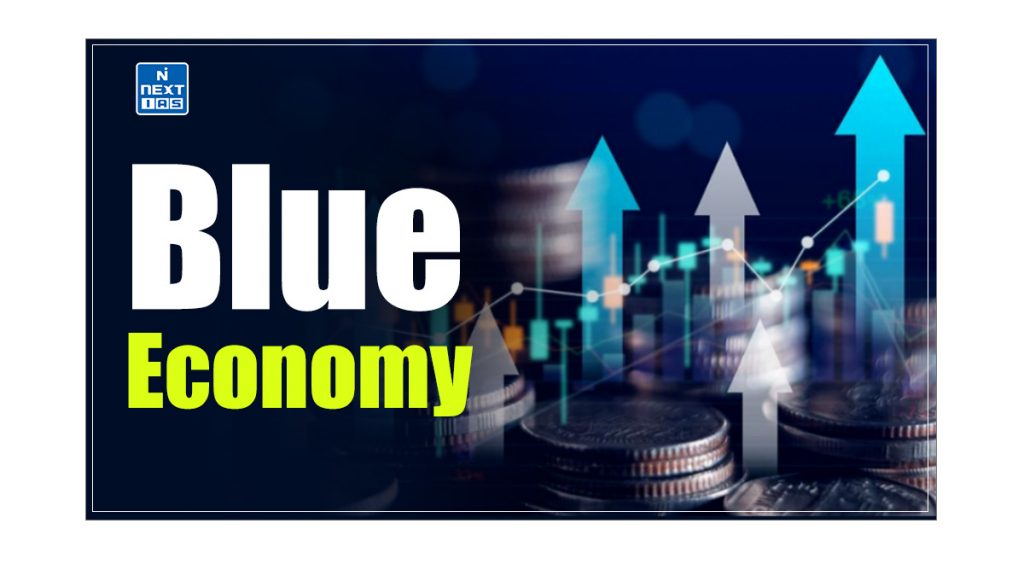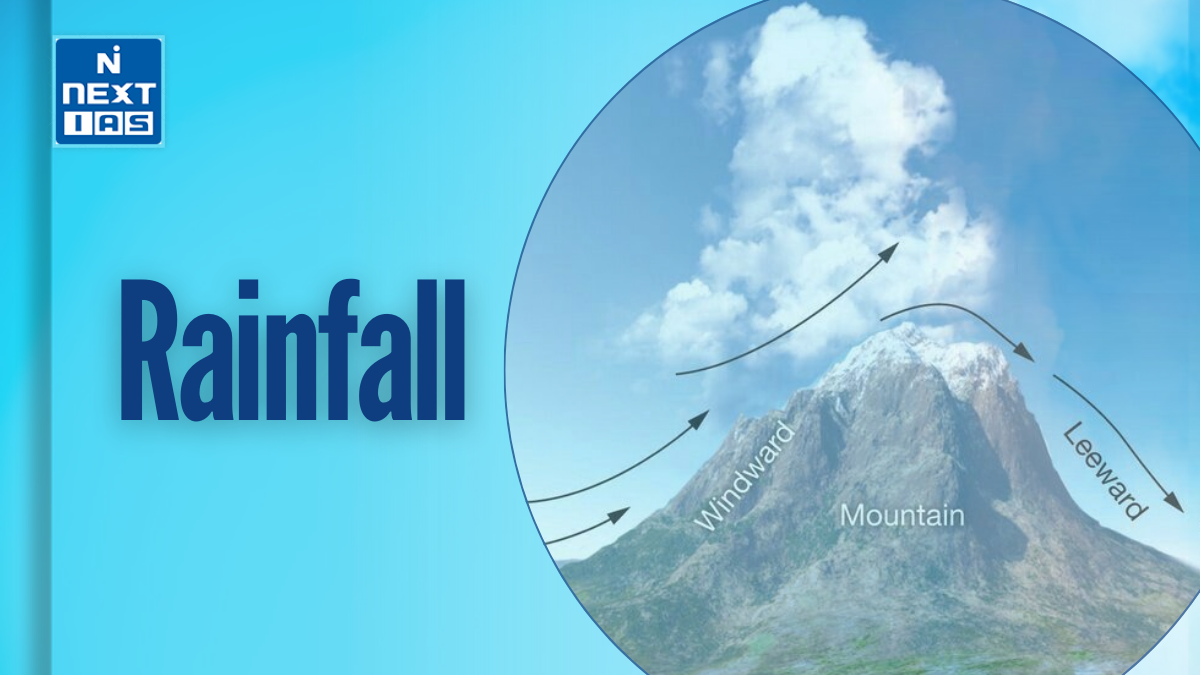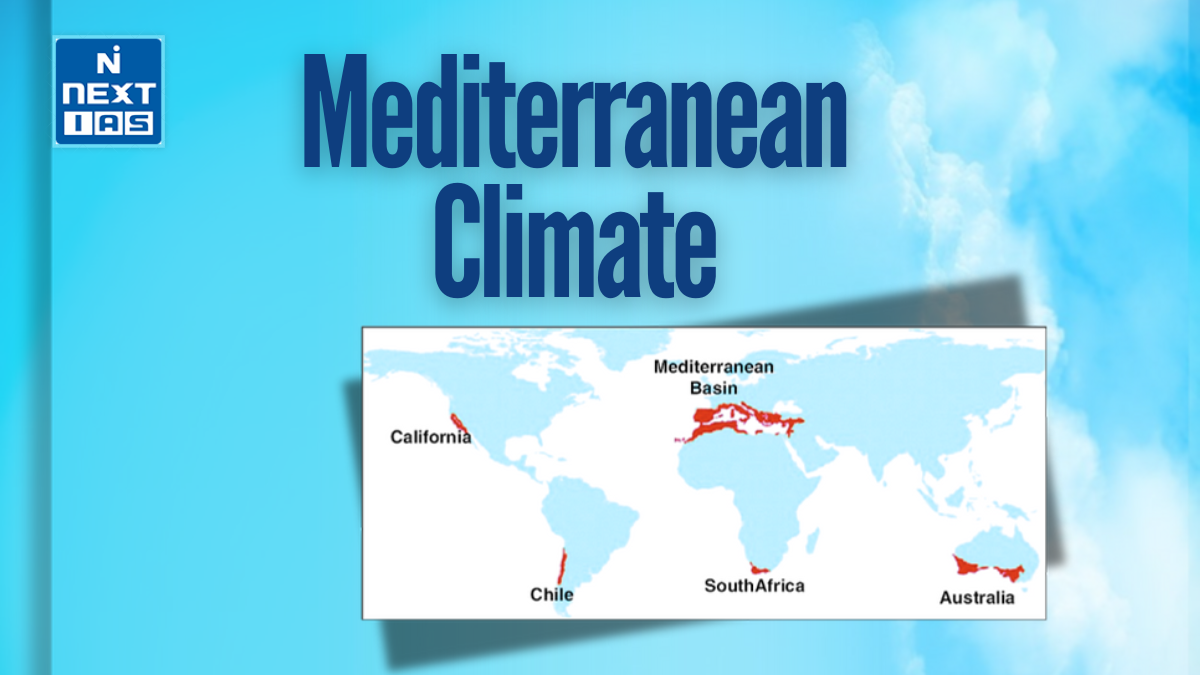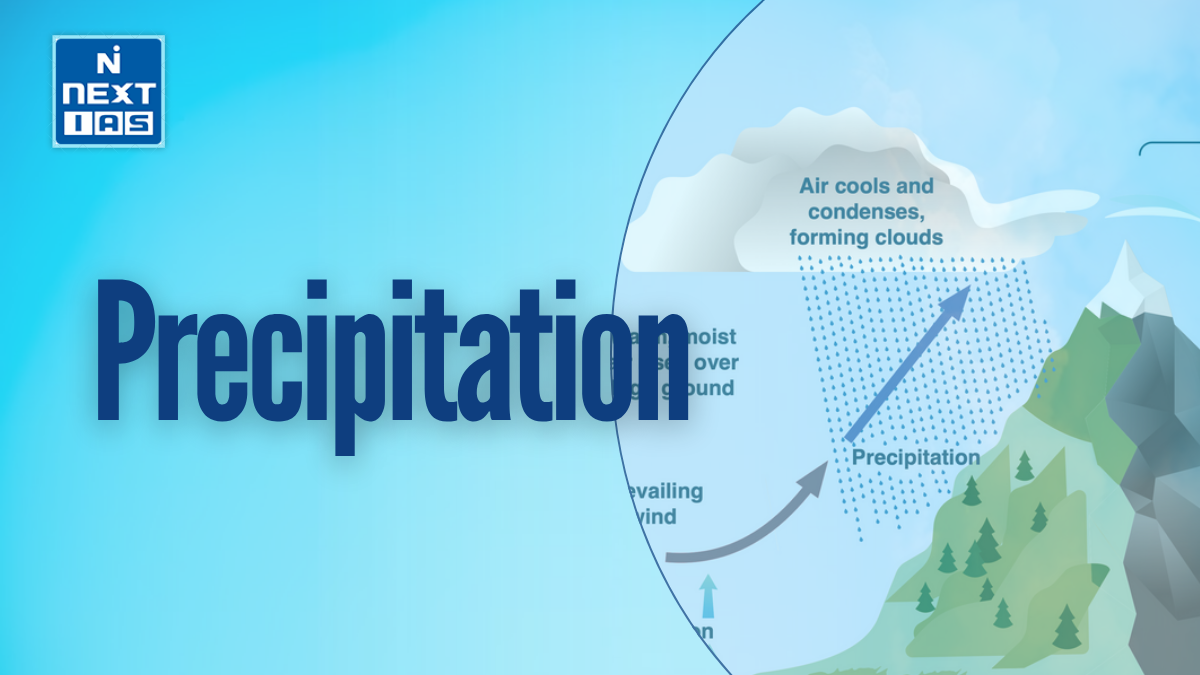
The Blue Economy represents a transformative approach to utilising ocean resources sustainably while promoting economic growth and ecological balance. It underscores the importance of integrating innovative business models with environmental stewardship to ensure that the benefits derived from ocean resources are equitably distributed while maintaining marine ecosystem health. This article aims to study in detail the concept of the Blue Economy, its definition, objectives, and significance.
What is Blue Economy?
- Gunter Pauli introduced the concept in his 2010 book, “The Blue Economy: 10 Years, 100 Innovations, 100 Million Jobs.”
- It is the sustainable use of ocean resources for economic growth, improved livelihoods and jobs, and ocean ecosystem health.
- It highlights the importance of integrating social inclusion and innovative business models to ensure that ocean resources’ benefits are equally distributed and marine ecosystems are protected.
- This approach is encapsulated in Sustainable Development Goal (SDG Goal) 14, which calls for conserving and using oceans, seas, and marine resources for sustainable development.
Objectives of Blue Economy
This concept advocates the greening of ocean development strategies for higher productivity and conservation of the ocean’s health. It encompasses–
- Renewable Energy – Sustainable marine energy can be vital in social and economic development.
- Fisheries – Sustainable fisheries can generate more revenue and more fish and help restore fish stocks.
- Maritime Transport – Over 80% of international goods traded are transported by sea.
- Tourism – Ocean and coastal tourism can bring jobs and economic growth.
- Climate Change – Oceans are an essential carbon sink (blue carbon) and help mitigate climate change.
- Waste Management – Better waste management on land can help oceans recover.
This concept emphasises integrating the development of the ocean economy with social inclusion and environmental sustainability, combined with an innovative business model. This is reflected in the Sustainable Development Goal (SDG 14), which calls for conserving and sustainably using the oceans, seas, and marine resources for sustainable development.
Need for Blue Economy
The need for the blue economy is:
- Oceans cover three-quarters of the Earth’s surface, contain 97% of the Earth’s water, and represent 99% of the living space on the planet by volume.
- Oceans protect biodiversity, keep the planet cool, and absorb about 30% of global CO2 emissions.
- Oceans account for at least 3-5% of global GDP. They are the next sunrise sector.
- Blue economy, through sustainable use of oceans, has great potential for boosting economic growth by providing opportunities for income generation and jobs, etc.
- It can support food security and diversification to address new resources for energy, new drugs, valuable chemicals, protein food, deep-sea minerals, security, etc.
Blue Economy for India
This economy focuses on livelihood generation, achieving energy security, building ecological resilience, and improving coastal communities’ health and living standards.
- The blue economy would reinforce the Indian government’s efforts to achieve the SDGs of hunger and poverty eradication and sustainable use of marine resources by 2030.
- India has a 7,517 km long coastline covering nine states and two union territories and an Exclusive Economic Zone (EEZ) of 2.02 mn. sq. km.
- The marine services sector could serve as the backbone of India’s blue economy and help the country become a 10 trillion dollar economy by 2022.
- The Indian Ocean is a significant conduit of trade, with as much as 80% of global oil trade occurring in it.
- Better regional connectivity will significantly cut transport costs and maritime resource wastage, making trade sustainable and cost-effective.
Importance of Blue Economy
The Blue Economy is crucial for several key reasons:
- Economic Growth – It drives significant economic benefits through fisheries, maritime transport, tourism, and renewable energy sectors.
- The sustainable use of ocean resources can boost economies, create jobs, and generate revenue.
- Environmental Sustainability – The Blue Economy helps preserve marine ecosystems, protect biodiversity, and mitigate the impacts of climate change by promoting the sustainable management of ocean resources.
- It focuses on reducing pollution and overexploitation.
- Food Security – Sustainable fisheries and aquaculture are vital for global food security.
- The Blue Economy ensures that fish stocks are managed effectively, contributing to a stable food supply and supporting coastal communities.
- Climate Change Mitigation – Oceans act as a major carbon sink, absorbing a significant amount of CO2.
- The Blue Economy supports initiatives that enhance the ocean’s ability to sequester carbon and adapt to climate change impacts.
- Innovative Solutions – It encourages the development of innovative technologies and practices, such as renewable marine energy and advanced waste management systems, which contribute to a circular economy and reduce environmental footprints.
Challenges of Blue Economy
The challenges of the blue economy are:
- Threat of Sea- Borne Terror- Piracy and armed robbery, maritime terrorism, illicit trade in crude oil, arms, drug and human trafficking, and smuggling of contraband, etc.
- Natural Disasters – Every year, tsunamis, cyclones, hurricanes, typhoons, etc., leave thousands of people stranded and property worth millions destroyed.
- Man-Made Problems – Oil spills and climate change continue to risk the stability of the maritime domain.
- Impact of Climate Change – Changes in sea temperature and acidity threaten marine life, habitats, and the communities that depend on them.
- Marine Pollution – Excess nutrients from untreated sewage, agricultural runoff, and marine debris such as plastics.
- Overexploitation of Marine Resources – Illegal, unreported, and unregulated extraction of marine resources.
Developments Initiated by India
- The Sagarmala project is a strategic initiative for port-led development, which involves extensive use of IT-enabled services to modernise ports.
- India has an umbrella scheme by the name of O-SMART (‘Ocean Services, Modelling, Application, Resources and Technology), which is aimed at promoting ocean research and setting up early warning weather systems with the objectives of providing forecasts and services based on the continuous observation of oceans, development of technologies and exploratory surveys for sustainable harnessing of oceanic resources (both living and non-living) and promotion of front-ranking research in ocean sciences.
- Integrated Coastal Zone Management focuses on conserving coastal and marine resources and improving livelihood opportunities for coastal communities.
- The development of Coastal Economic Zones (CEZ) under Sagarmala would become a microcosm of the blue economy, wherein industries and townships that depend on the sea would contribute to global trade.
- India has a National Fisheries policy for promoting the ‘Blue Growth Initiative, ’ which focuses on the sustainable utilisation of fisheries wealth from marine and other aquatic resources.
Conclusion
The Blue Economy offers a promising pathway for enhancing economic growth while safeguarding marine ecosystems. By focusing on renewable energy, sustainable fisheries, maritime transport, tourism, climate change mitigation, and effective waste management, it seeks to balance economic benefits with environmental protection. These efforts aim to drive sustainable development, create jobs, and boost economic growth, reinforcing India’s commitment to achieving the SDGs and realising the potential of its blue economy.
Sagarmala Project
- The project aims to develop Inland waterways and coastal shipping, which will revolutionise maritime logistics, create millions of new jobs, reduce logistics costs, etc.
- It focuses on developing coastal communities and people in the sustainable use of ocean resources, modern fishing techniques, and coastal tourism.
Frequently Asked Questions (FAQs)
What do you mean by Blue Economy?
The Blue Economy refers to the sustainable use of ocean resources for economic growth, improved livelihoods, and marine ecosystem health.
Is India a Blue Economy?
Yes, India is actively developing its blue economy leveraging its extensive coastline and maritime resources to boost economic growth and sustainability.







